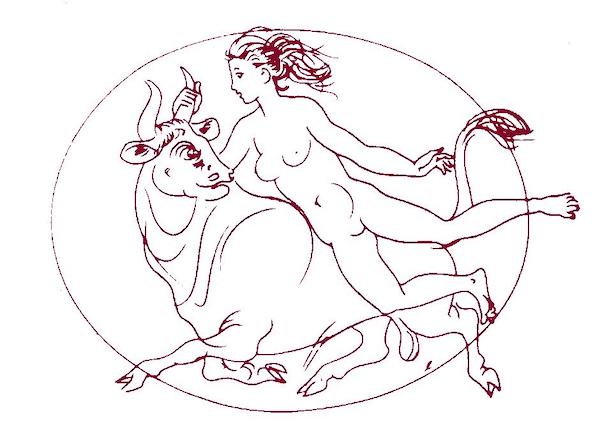ABOUT US
ORIGINS
Following in Denis de Rougemont’s footsteps, the Centre’s mission is to foster debate on European issues and promote European ideas and values. It sees the European culture, common and diverse at the same time, as the foundation of the quest for a new European federalism. In this sense, the Centre works toward a European Federation based on the autonomy and the participation of States, regions and municipalities, as well as individuals and their associations within the framework of a pluralistic and diversified union. It’s motto, like that of the European Union, is “unity in diversity”.
ESTABLISHMENT OF THE CENTRE
At the end of the Second World War, many movements arose advocating a European Union in order to permanently establish peace on the continent. They were mostly extragovernmental organisations aiming to “force the hand” of the powers that be. It was in this climate that a particularly important event took place: the Congress of Europe, which took in The Hague from 7 to 10 May 1948, presided over by Winston Churchill, former British Prime Minister. It brought together around 800 delegates from twenty countries, especially from Western Europe (given the context of the time). The work of the Congress was divided amongst three commissions: a political, an economic and a cultural commission. The rapporteur of the latter was the Swiss writer Denis de Rougemont (1906-1985), a refugee in the United States during the war, already famous in particular for his book “Love and the West” published in Paris in 1939.
The cultural resolution of the Congress, adopted unanimously in plenary session on May 10 1948, commits to establishing a “European Cultural Centre”.
The beginning of this resolution reads:
The Congress :
Believing that European Union is no longer a utopian idea but has become a necessity, and that it can only be established on a lasting basis if it is founded upon a genuine and living unity;
Believing that this true unity even in the midst of our national, ideological and religious differences, is to be found in the common heritage of Christian and other spiritual and cultural values and our common loyalty to the fundamental rights of man, especially freedom of thought and expression;
Believing that efforts to unite must be sustained and inspired by an awakening of the conscience of Europe, and that this must be informed, stimulated and provided with the means of expression;
1. Recommends that a continuing body be established to consider inter alia the nature and constitution of a European Cultural Centre. Established independently of all governmental supervision, this body would have as its central task to raise the voice of Europe. The European Cultural Centre should have as its immediate task:
(a) To promote an awareness of European unity through all media of information, by Press, publications, film and radio and also through all educational institutions for school-children, University students and workers.
(b) To provide a meeting-place for leaders of thought enabling them to express a genuinely European point of view on all the great questions affecting the life of the continent, by enlightening public opinion and suggesting action to governments.
(c) To exercise vigilant care over the words actually used in discussion without which no pact can be concluded.
(d) To affirm (a) the right of every citizen to ascertain the true facts of current events, uninfluenced by interpretation or commentary and (b) the duty of every government to secure for its people the exercise of that right free from any kind of pressure.
(e) To encourage free circulation of ideas, literature and works of art between one country and another.
(f) To facilitate the co-ordination of scientific research into the condition of twentieth-century European man, especially in the spheres of Teaching, Psychology, Philosophy, Sociology and Law.
Pursuant to this resolution, in February 1949, a “design office” for a European Cultural Centre was opened in Geneva, directed by Denis de Rougemont, and assisted by Raymond Silva and Jean-Paul de Dadelsen. To launch it, this office organised the first European Conference on Culture which took place in Lausanne from 8 to 12 December 1949, under the chairmanship of the essayist and former Spanish diplomat Salvador de Madariaga (1886-1978), and which brought together 220 participants from 22 countries. The mission of the future Centre is specified on this occasion. Its creation is decided.
After drafting the statutes and constituting the governing bodies, the European Cultural Centre was officially inaugurated on October 7, 1950 in Geneva. Its President is Salvador de Madariaga, and its Director is Denis de Rougemont.
The European Cultural Centre was founded by Denis de Rougemont in Geneva on October 7, 1950 pursuant to the Cultural Resolution of the 1948 Hague Congress.
